Conservative Leader Andrew Scheer put the focus on China in his first major foreign policy speech, while also reaffirming the importance of human rights.
Speaking in Montreal on Tuesday, Scheer outlined what foreign policy would look like under a Conservative government and called for a “total reset” of Canada’s relationship with China.
“So long as China is willing to hold our exports hostage, all while committing human rights violations on an industrial scale, we have no choice as Canadians but to consider other trading partners,” he said.
“Canada’s relationship with China needs a total reset, and nothing can happen until such time.”
Scheer, who made his speech in both French and English, vowed to launch a formal trade complaint with the World Trade Organization over what he called China’s “trade blockades,” something he has already called on the federal Liberals to do. He also said he would end Canada’s $256 million funding commitment to the Asian Infrastructure Investment Bank to put pressure on Beijing.
In addition, Scheer noted that if elected, he would not allow Chinese state-owned enterprises that only have Beijing’s interests to have “unfettered access” to the Canadian market.
The Tory leader’s stance on China is markedly different from that of Prime Minister Justin Trudeau, who soon after taking office worked to form closer ties with Beijing and set about crafting a Canada-China free trade deal.
That relationship was dealt a body blow with Canada’s arrest of Huawei executive Meng Wanzhou last December, which was followed by Beijing’s arbitrary arrest of two Canadians and implementation of trade obstacles against Canada.
In March, China blocked imports of canola from two of Canada’s largest canola exporters over claims of pests, while other China-bound canola shipments have since been cancelled. In recent weeks, Canadian soybeans and pork exports have also faced obstacles, with Chinese importers reportedly reluctant to do business with Canadian exporters.
Ottawa has said it is “deeply concerned” by the bans and is working to resolve the issue; Scheer, however, criticized the government for its handling of the situation in his speech on Tuesday.
“If this government isn’t willing to stand up to China when two Canadians are unlawfully imprisoned and billions of dollars in trade is under attack, it never will,” he said.
He noted that free trade with China may be a possibility in the long run but certain stipulations would have to be in place.
“Free trade with countries like China will only be possible when China embraces a functioning rule-of-law system—when judicial processes which are supposed to guarantee equal market access are no longer subject to control by the government,” he said.
“First comes trust. Then comes trade. We may yet get there with China, but given the events of the last few months, it’s clear that we are a long ways off.”
Scheer listed China’s economic and geopolitical rise, Russia’s “Cold War mentality” under Vladimir Putin, and states that export terrorism and extremism as three of the greatest foreign threats to Canadian security and prosperity.
He said that, as prime minister, he would be forthright about the threats Canada faces and would address them head-on, including addressing military procurement issues, which he said is currently “hyper-politicized,” and would increase Canada’s cyber warfare capabilities.
Scheer also criticized the Liberal government for its choices on issues such as the handling of NAFTA, withdrawing from the anti-ISIS campaign, and repealing sanctions against Iran, that “fostered tension and mistrust” between Canada and the United States.
“The Canada-United States relationship transcends the personalities of those who occupy each respective office, and its longevity is crucial to our respective peace and prosperity. So, it must be strengthened and renewed,” he said.
Scheer concluded by reaffirming the importance of human rights in the modern age.
“When governments believe that human rights are merely political creations, the results are painful and inevitable: the innermost wants, needs, and even thoughts of vulnerable individuals are suppressed by force,” he said.
“In the 20th century, liberty was confronted by the poisonous ideologies of communism and fascism. In the 21st century, while the threats to liberty may go by different names, they are no less insidious.
“That’s why I fundamentally believe that we must be honest with ourselves about the threats we face. That is why we must unite the forces of democracy and freedom around the world to confront the threats, with a resolution more firm than those who pose them. And we must be ready to do our part to support the strength of our values with the value of our strengths.”
Scheer’s foreign policy speech was the first in a series of five keynote speeches intended to broadly outline his policy plan for Canada under a Conservative government.
His next speech in Toronto on May 16 will be about the economy, while the environment, immigration, and confederation will be covered in future speeches.
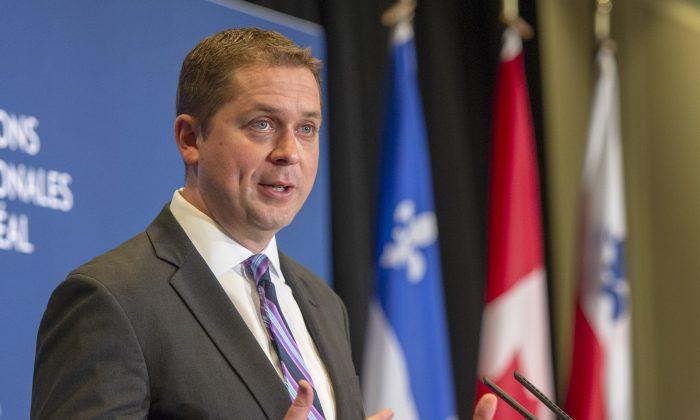

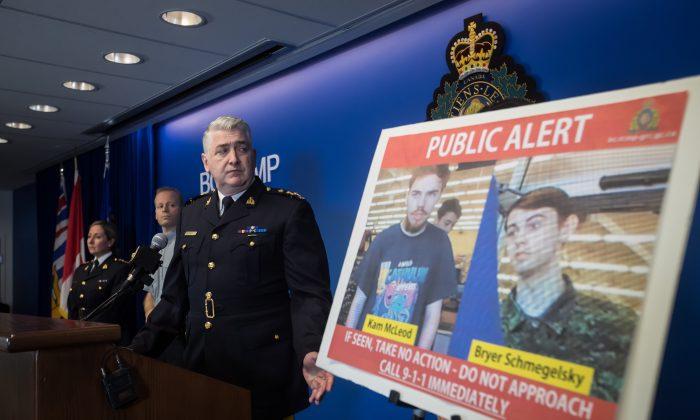
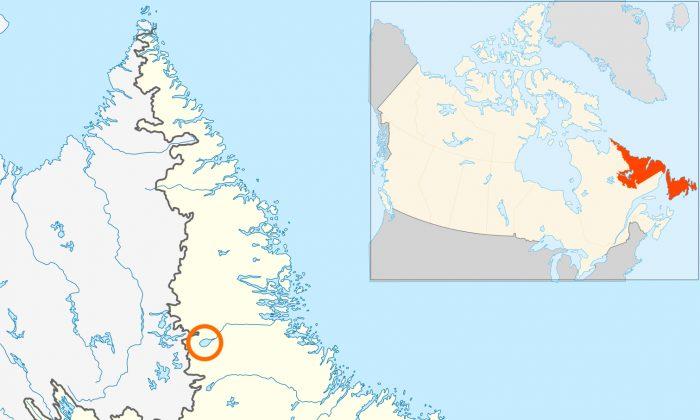
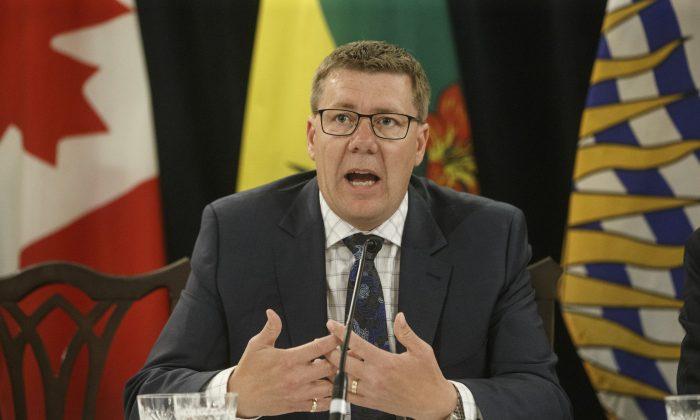
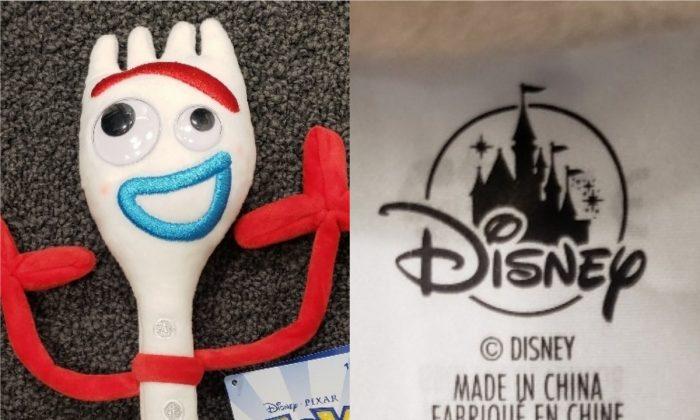
Friends Read Free